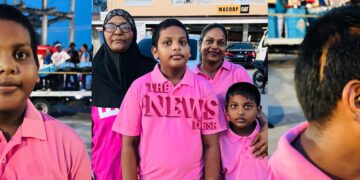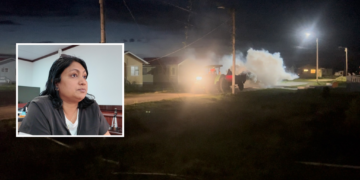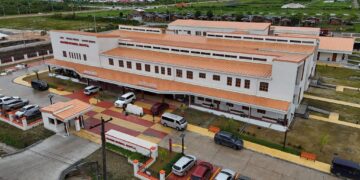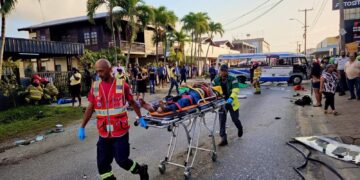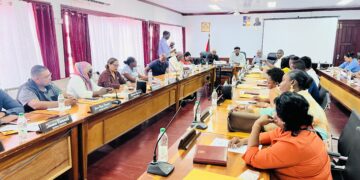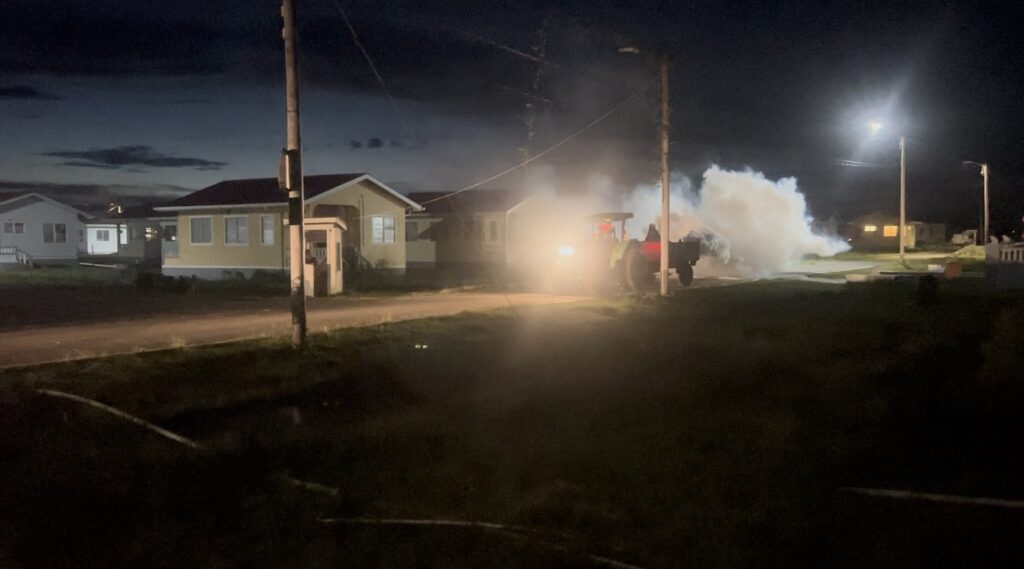
The Regional Health Services Department in Region Six is reporting significant progress in its efforts to manage and reduce dengue cases, with confirmed cases showing a notable decline in recent weeks.
According to Regional Health Officer (RHO), Dr. Vineshri Khirodhar, the success is largely attributed to the collaborative efforts of the Regional Democratic Council (RDC), the Vector Control Department, Neighbourhood Democratic Councils (NDCs), and community members. Together, they have implemented extensive fogging exercises and targeted the eradication of mosquito breeding sites across the region.
Dr. Khirodhar emphasized that although the decline in cases is a positive development, it does not mean that dengue has been eradicated. “We have brought the situation under control, but it requires large-scale support and sustained efforts from the RDCs, NDCs, health clinics, health centres, and even schools, including teachers and head teachers,” she stated.

She noted that the interventions implemented over the past two to three months are now bearing fruit. These include regular fogging exercises carried out every 28 days in communities, and an intensive house-to-house Internal Residual Spraying (IRS) campaign. “Our teams are going house-to-house on foot, with tanks strapped to their backs, conducting these IRS exercises,” she explained.
Dr. Khirodhar also assured the public that the chemicals used for IRS are safe for humans but effective in eliminating mosquitoes. Teams have been stationed at NDCs throughout the region, and in previously high-risk areas such as Skeldon and Port Mourant, approximately 90 percent of households have been fully sprayed. In Albion, about 60 percent of households have also received treatment.
To further strengthen mosquito control efforts, the Government of Guyana, through the Ministry of Health, earlier this year provided NDCs and municipalities across Region Six with fogging machines, spray cans, protective gear, and essential chemicals.
Each local authority received the necessary tools to bolster their response to mosquito-borne illnesses and help reduce the risk of outbreaks within their communities.








